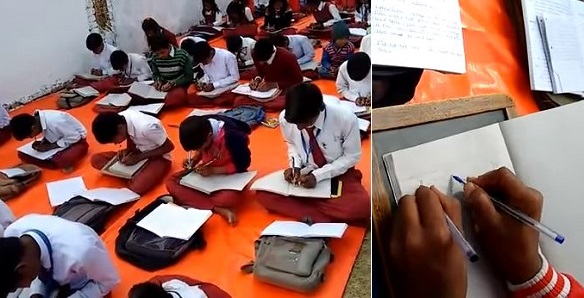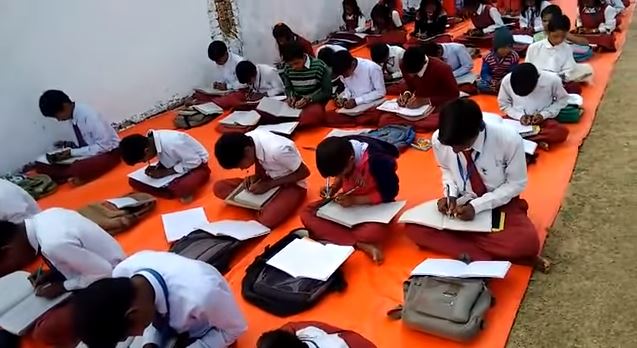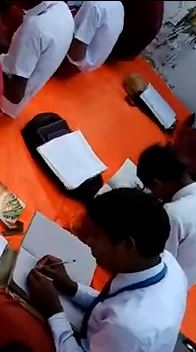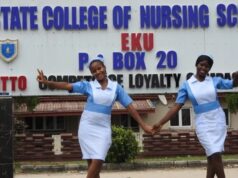A small school in rural India is gaining attention over the fact that all 300 students are ambidextrous.
Data shows that only one percent of the global population is ambidextrous, but the ambitious founder of Veena Vandini School, in Madhya Pradesh, is aiming to change that, starting at a local level.
Former soldier and Veena Vandini School founder VP Sharma stated that he was inspired to focus on ambidexterity training by India’s first president Rajendra Prasad (in office from 1950 to 1962) who was ambidextrous.
“I read in a magazine that Dr. Rajendra Prasad India’s first president used to write with both hands. This inspired me to give it a try,” Mr. Sharma said. “Later when I launched my school at my native village, I tried training the students.”
“We began training students from standard I and by the time they reach standard III, they were comfortable writing with both the hands,” Sharma added. “Students of standard VII and VIII can write with speed and accuracy. Further, they can write two scripts simultaneously, one with each hand. Students also know several languages, including Urdu.”
Every 45-minute class at Veena Vandini includes 15-minutes devoted to handwriting practice, ensuring that every student develops the ability to write with both hands.
VP Sharma also believes that the skill better enables students to learn multiple languages, and has them practice writing the same words in different languages at the same time.
Although it is widely believed to help increase concentration, more recent studies have found that this is false and studying to become ambidextrous can, in fact, harm cognitive development.
A Scientific American study revealed that ambidextrous children performed worse than left- or right-handers on a range of skills, especially in math, memory, and logical reasoning.
A study in Northern Finland indicated that children who are ambidextrous are much likelier to develop mental health issues, including ADHD, language problems, and academic problems.
VP Sharma founded the school in 1999 in the remote area of the Singrauli district Madhya Pradesh. Mr. Sharma claims that their dedication to handwriting led South Korean researchers to visit and study the pupils two years ago, to find out more about ambidexterity.
There is currently no such study or research published online.
Watch the video below:
















